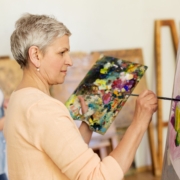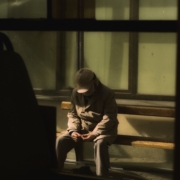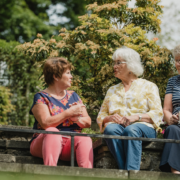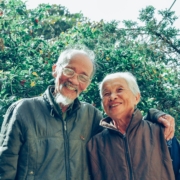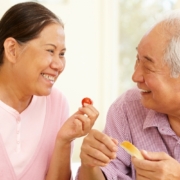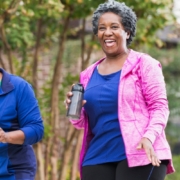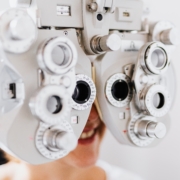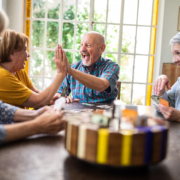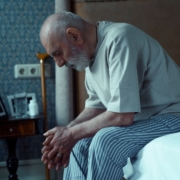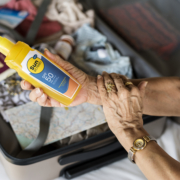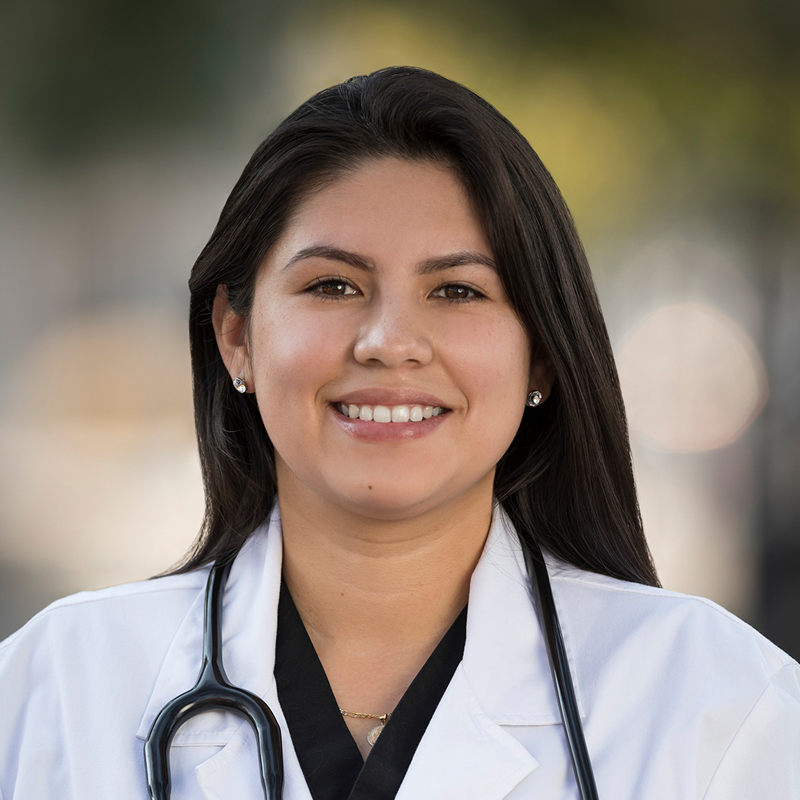5 Easy Crafts for Seniors With Dementia
There are several ways you can keep someone with dementia engaged. Check out this guide for some easy crafts for seniors with dementia.
13.9% of Americans have some kind of dementia. Art and crafts are a great way to entertain and help dementia patients pass the time. They create new neural connections.
Engaging in creative activities can have a positive impact. Both on the mental and emotional well-being of seniors. This is especially true for folks with dementia.
Crafts provide a stimulating and enjoyable way for seniors to express themselves. They can reminisce and maintain a sense of purpose.
Here are five rewarding and easy crafts for seniors with dementia.
1. Memory Boxes
Memory boxes are a wonderful way for seniors with dementia to connect with their past.
To create a memory box, gather a small, sturdy box. Collect various items, such as:
- Old photographs
- Postcards
- Trinkets
- Other sentimental objects
Encourage your loved one to decorate the box. Use paint, stickers, or markers.
As you work on the memory box together, prompt them with questions about the items they’re including. Encourage them to share stories and memories associated with each item.
The completed memory box becomes a valuable keepsake. It can be revisited and enjoyed repeatedly.
2. Collage Art
All you need are old magazines, scissors, glue, and a piece of paper or cardboard as the canvas.
Request your loved one to cut out images and words from magazines. These images should appeal to them or bring back memories.
As you create collages, discuss the pictures and words they choose. Ask open-ended questions to spark conversations.
The process of creating collages allows for self-expression.
3. Painted Rocks
Painted rocks are a simple and enjoyable craft. It can be done indoors or outdoors.
Collect smooth and flat rocks.
Provide non-toxic acrylic paint, brushes, and water. Ask your loved one to paint the rocks however they prefer.
Painted rocks can serve as garden decorations or paperweights. The act of painting the rocks promotes creativity and focus. It also offers a sense of achievement.
It’s a craft that can be done at a relaxed pace. This allows for breaks and conversations as needed.
4. Bead Jewelry
This craft enhances fine motor skills and provides a sense of accomplishment. You can create necklaces, bracelets, or even keychains.
To get started, gather an assortment of items, like:
- Colorful beads
- Strings
- Clasps
- Pliers
Guide your loved one through the process. Help them select beads. Offering assistance with threading and fastening clasps if needed.
Bead jewelry provides a tactile and visually stimulating activity. The finished pieces can be proudly worn or gifted to loved ones.
5. Paper Flowers
You’ll need colored paper, scissors, glue, and green pipe cleaners.
Ask your loved one to cut out petal shapes from colored paper. Attach them to the pipe cleaner stem with glue.
These paper flowers are simple to create. They can be arranged in vases or used for various decorative purposes.
Choose Easy Crafts for Seniors With Dementia
Living with dementia isn’t easy either for the patient or their relatives. That’s why easy crafts for seniors with dementia can be such a boon. They can entertain and help build a connection.
Check out WelbeHealths Program of All-Inclusive Care for the Elderly (PACE). It’s a full-service option for seniors. It allows them to stay at home and in their community. Learn if you qualify here.

